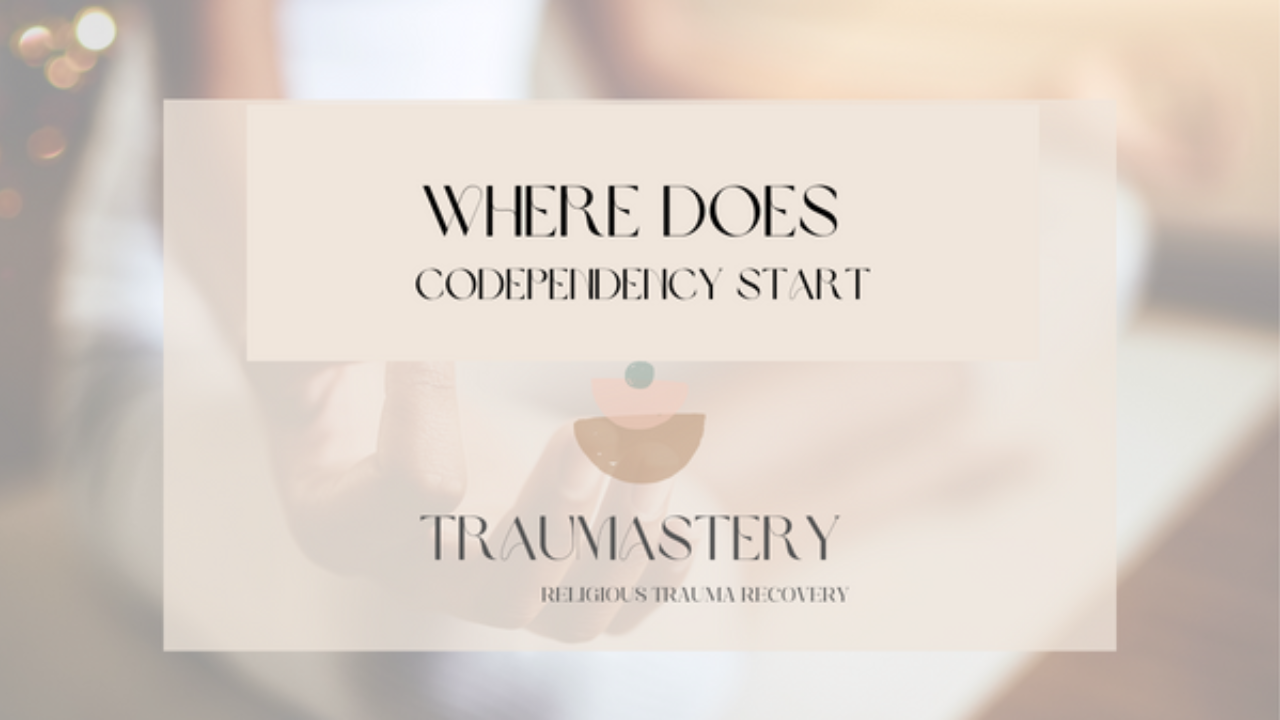Where Does Codependency Start?

I get the common question: where does codependency start? Simply put: it begins when a child grows up in intense, unpredictable, or chaotic environments.
The term was originally born in the substance abuse community to describe children of alcoholics or addicts. Because the environment in the middle of substance abuse is typically pretty intense for children, it causes a relational reaction in young ones to caretake and try to make their caregivers okay.
This pattern of care-taking our caregivers or parents is due to a deeply embedded biological drive to stay attached. In fact, our primary goal in childhood is to stay attached to our caregivers. It helps to ensure we are fed, cared for and safe in an unpredictable world. Since our evolution is pushing us to survive, we become industrious children in order to increase our odds of survival. When parents are intense or uncontrollable, children become skilled at predicting the needs of others, monitoring the moods of those around them, and problem solving before actual problems arise. This literally helped them survive tension and chaos in their childhood and that’s a hard habit to break in adulthood.

Here’s some ways that tension can show up in childhood:
-
Frequent substance use or addiction in a parent
-
Emotionally charged arguments between caregivers or parents
-
Days full of emotional volatility followed by days of fun, adventure, and easy-going parent interactions
-
Workaholic parent that submerges themselves in their career, leaving the other parent to hold all the stress and responsibility of parenting
-
Mental illness in parents or caregivers
-
Personality disorders in parents or caregivers
-
Emotionally immature parents that use children to scapegoat or emotionally soothe them
Survivors: If you are nodding your head "yes" after reading this chart of events that starts codependency, I'd suggest our codependency workbook, Healing Codependency. It's a 10-week, step-by-step process of looking at your codependent patterns and finding realistic ways to manage your people-pleasing impulses. If you are ready to help regulate your nervous system in powerful ways, you might try our Regulated: Nervous System Masterclass.


